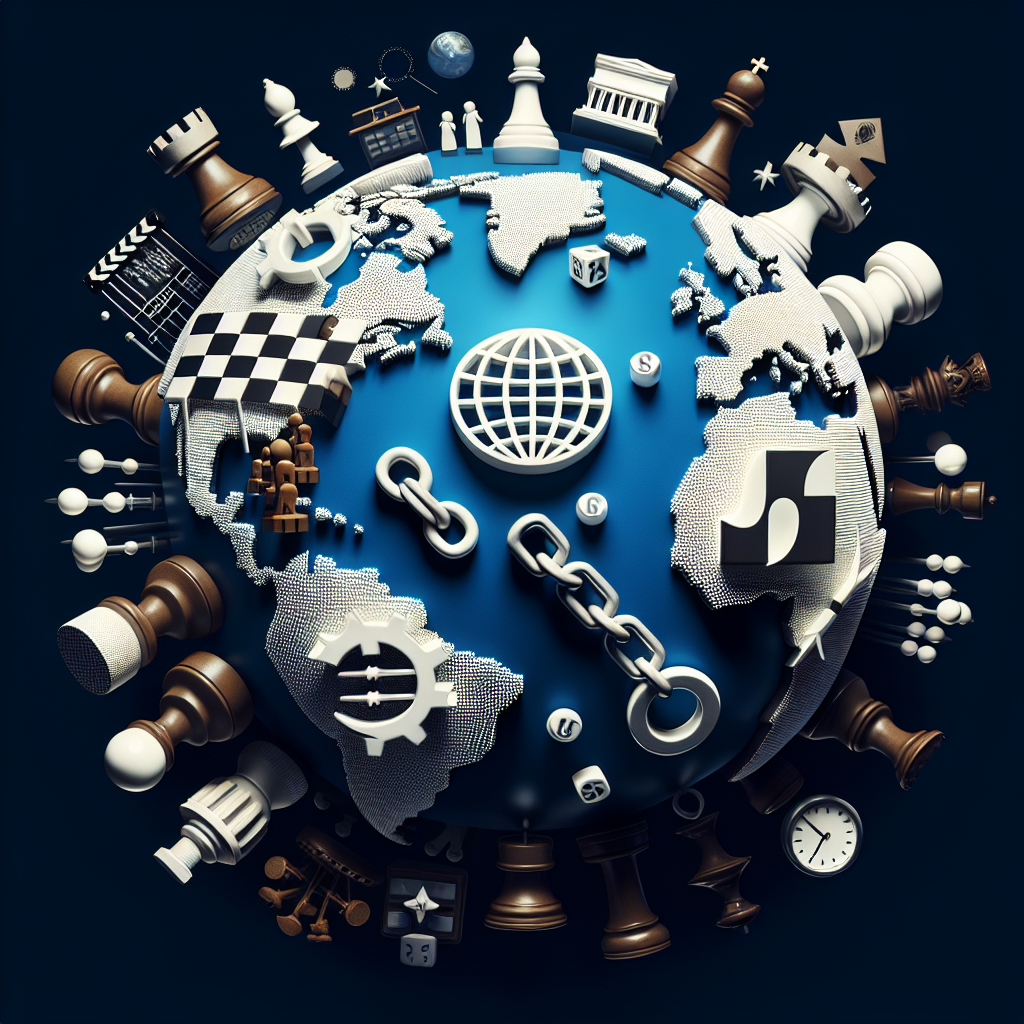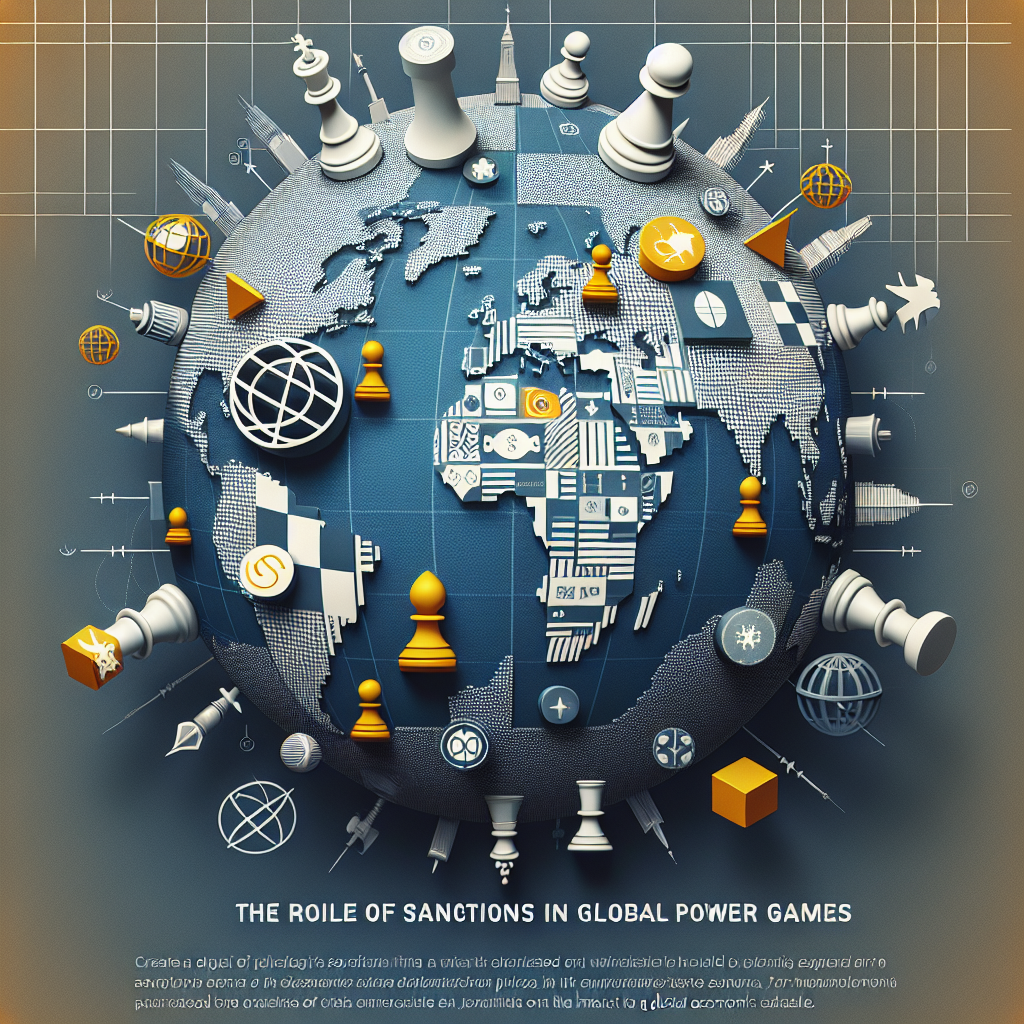
The Role of Sanctions in Global Power Games
Understanding the Power of Sanctions in International Relations
What Are Sanctions and How Do They Work?
- Economic sanctions: Tariffs, trade restrictions, asset freezes, and bans on specific goods or services.
- Diplomatic sanctions: Suspension of diplomatic relations, travel bans, or restrictions on official visits.
- Military sanctions: Embargoes on arms sales or military cooperation.
The Strategic Purpose of Sanctions in Power Politics
1. Demonstrating Power and Influence
2. Enforcing International Norms
3. Preventing Conflicts and Escalations
Effectiveness and Limitations of Sanctions
Are Sanctions Always Successful?
Limitations and Challenges
- Unintended consequences: Sanctions can harm the civilian population more than the ruling elite, leading to humanitarian crises.
- Illegal trade and evasion: Smuggling and black markets can undermine sanctions, reducing their effectiveness.
- Political backlash: Targeted countries might rally nationalist sentiments or seek alliances elsewhere, diminishing the sanctions’ impact.


